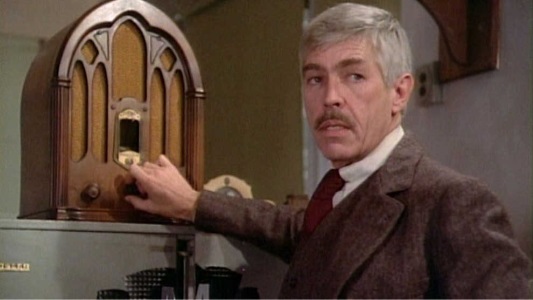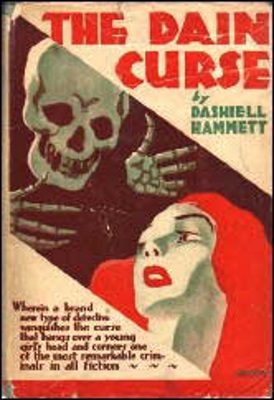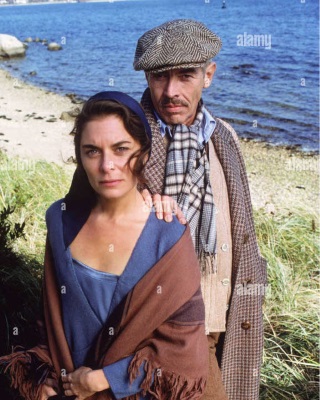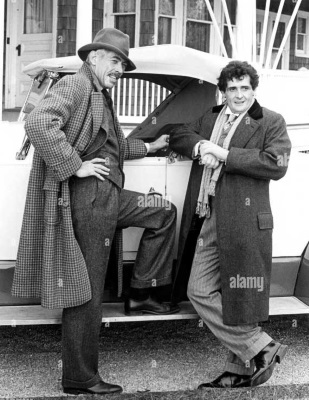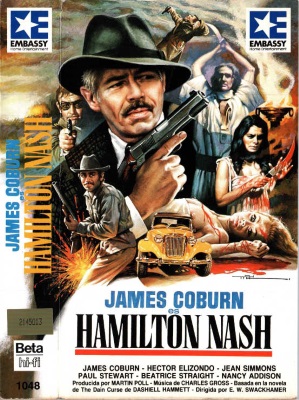The Dain Curse
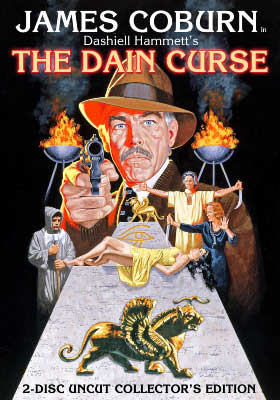
Director: E.W.
Swackhamer
Year: 1978
Rating: 5.0
Dashiell Hammett only wrote five novels but they
were enough to establish him as one of the greatest hard-boiled writers ever.
The first two of them, Red Harvest and The Dain Curse, had The Continental
Op as the protagonist. His name was never given (similar to the Deighton
"Harry Palmer" novels) and he worked for a nationwide detective agency, The
Continental Agency. He worked in the San Francisco office and Hammett's years
working for Pinkerton made this very familiar territory for him. The Continental
Op also appeared in over 30 short stories. Not much is given away about his
personal life. He is given an assignment and it is up to him - using the
resources of the agency - to get it done. In Red Harvest he goes to Personville
- locally known as Poisonville - to investigate a murder and then is asked
to clean up the city of the two criminal gangs that run it. He does it by
playing them off against each other. It is lean and mean with one critic
calling it "a remarkable achievement, the last word in atrocity, cynicism,
and horror". The book was likely influential in the film Yojimbo and A Fistful
of Dollars.
